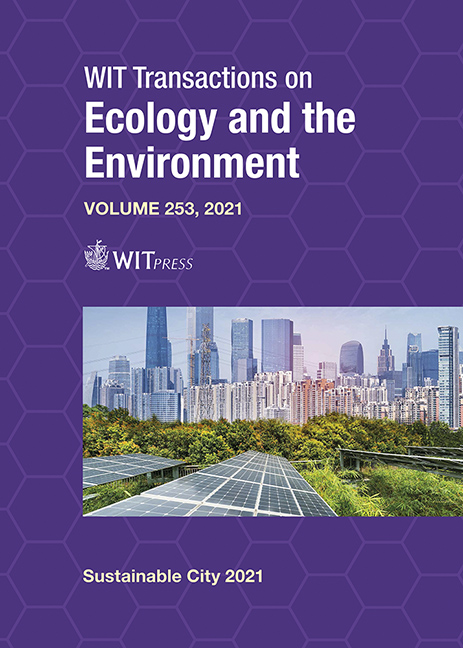TEACHING AND RESEARCHING SUSTAINABLE URBAN DEVELOPMENT PROCESSES THROUGH SIMULATION
Price
Free (open access)
Transaction
Volume
253
Pages
11
Page Range
123 - 133
Published
2021
Size
749 kb
Paper DOI
10.2495/SC210111
Copyright
Author(s)
RIEN VAN STIGT
Abstract
Apart from innovative design and technology, sustainable urban development is about processes through which the actual people involved interact and cooperate to realise that development. Many, often conflicting, interests are at stake and it requires talents and skills to bring the right people together to find common ground and understanding and, hence, to start working towards a common goal. In higher education, students should learn and, preferably, experience how such processes can be initiated and led. The purpose of our research was, therefore, threefold: first, we wanted students to learn how to study this type of collaborative governance processes, using the model by Ansell and Gash as an analytical framework. Second, using the model, two distinct groups of students analysed three cases of transit oriented development. The results of the analysis, in terms of actors involved, their interests, and interventions to start and maintain an alliance, were translated into two serious games. Third, different groups of students played the games in slightly different settings, after which the learning effect was assessed. Results show that playing both games enhances students’ knowledge of, and insights in the interests that are at stake and the trade-offs to be made. In addition, players report that they felt involved in the process as well as in the alliance itself. Conclusions are that both creating a simulation game, based on a guided analysis of real-life cases, and playing such a game are powerful methods to learn about processes that are not readily learnt from a textbook. Furthermore, the simulations can be used to research the effect of certain interventions that can - or must - be undertaken by the process facilitator for the alliance to be successful.
Keywords
urban development process, collaborative governance, alliance formation, role playing game, higher education





